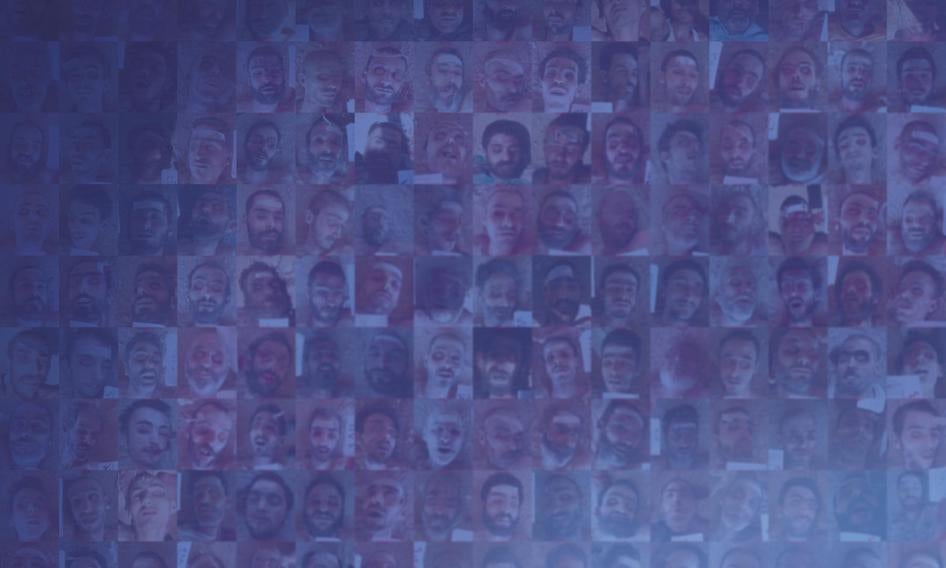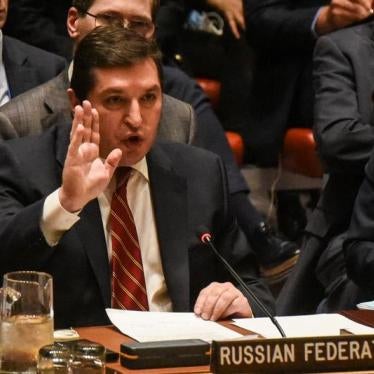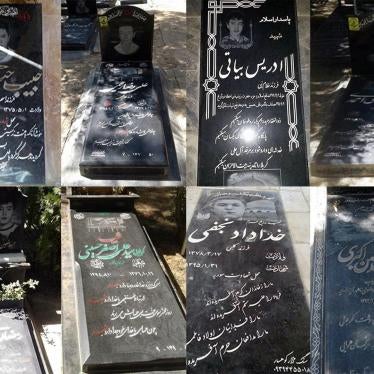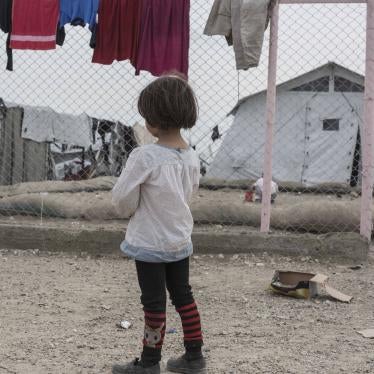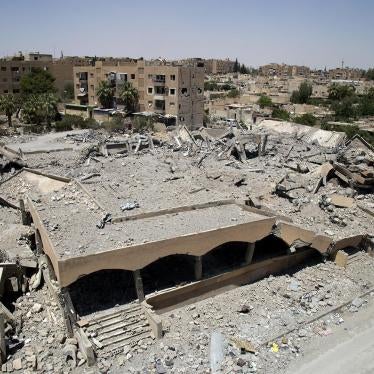The Syrian conflict is “winding down,” some say. The Syrian government has been recapturing swathes of territory, with the help of Russia and Iran, through military campaigns and reconciliation agreements, and the US-backed Syrian Democratic Forces have retaken Raqqa from the Islamic State (also known as ISIS.) Talks of reconstruction and the return of refugees are front and center.
But one issue remains under the radar – that of detainees and the “disappeared.”
In Syria, government forces and non-state armed groups have disappeared, detained, and kidnapped tens of thousands. Even before the war began, Syrian authorities detained and disappeared people who peacefully opposed the government. The government’s abuses were exposed by “Caesar,” who defected with more than 55,000 images of people killed in detention, and others. Groups like ISIS have also kidnapped and executed people.
These practices are a cornerstone of Syria’s conflict, and as Human Rights Watch documented, often lead to torture and death. Yet negotiations at the international and local levels have marginalized demands to uncover the fate of these people, release political detainees or stop disappearances and torture.
But many Syrians have had enough of being ignored.
On October 17, approximately 500 detainees in Homs Central Prison announced a hunger strike to demand their release. We received apparently leaked statements from the prison via activists and relatives of the detainees. Most of the prisoners were reportedly detained for participation in the Syrian uprising, and have been held for years without access to a lawyer or trial. When they do see a court, detainees are referred to the notoriously rigged counterterrorism court.
In Europe, Syrians who escaped ISIS are also speaking out. With Raqqa retaken, families of those kidnapped, detained, and executed by ISIS want answers. A relative of Ismail al-Hamed, kidnapped by ISIS in November 2013, told me: “Everyone is very happy with the end of ISIS, but people seem to have forgotten about those kidnapped by them. No one talks about this.” Relatives of the kidnapped have launched a campaign named “Where are the kidnapped by ISIS?” calling on the US-led coalition to prioritize this issue in the post-ISIS phase.
The message is clear – the problem of the detained and disappeared will not simply “go away.” The US and Russia now need to build on what they know to be true and prioritize uncovering the fate of Syria’s disappeared and kidnapped, and make the release of peaceful political detainees a central condition for negotiations.

